A tremendous transformation is taking place in the financial services sector that requires banks and telecommunications companies to use Mobile Financial Services (MFS) in order to engage customers that are embedded in mobile and social ecosystems.
On one side, banks contribute an existing financial network, infrastructure, and strong brand recognition, while contending with regulatory compliance. Telecom operators, meanwhile, deliver wide distribution networks, mobile network infrastructure, and an expansive customer base.
MFS is a very complex business environment with several players teaming up to provide these services. Major stakeholders are banks and telecom who are performing key roles as content creators and providers along with their core strengths. At times, telecom operators also attempt to serve as financial institutions by granting credit for micro payments as an extension of their basic service portfolio.
The MFS ecosystem comprises a variety of participants whose collaboration is necessary for the success of mobile payments and associated commerce. The diagram above illustrates the potential participants and their interrelationship in a complex MFS ecosystem, which depicts the importance of convergence.
There is massive growth potential for MFS across the developing and developed world, facilitated by the near global penetration of mobile handsets. While these platforms will take different forms depending on the market, there exists future opportunities for mobile operators in the cross-border remittance space that encompass a number of companies exposed to the MFS trend.
"People may not have a bank account, but they do have a mobile phone and want to be part of the financial world, be able to send money to each other, and use credit," states Joao Sousa, Chief Sales and Marketing Officer B2B at Portugal Telecom. "Smartphones are changing the way people are buying and accessing financial services."
MFS is evolving, diversifying from money transfer and P2P (Peer-to-Peer) use cases to more sophisticated micro-banking and payment services. From a single mobile wallet, users gain the ability to virtually store and access their financial assets, such as salary, social benefits payments, credit and debit cards, and coupons, and can make payments and money transfers.
In many emerging markets, the non-banking population comprises over 70%, while mobile phones are nearly ubiquitous, with penetration frequently reaching the 100% mark. Operators are able to capitalize on this opportunity by offering basic mobile wallets, accessible from feature phones via SMS, which allow users to carry out money transfers, check balances and pay bills without needing to visit a bank branch. Instead, a more convenient system of agents is used, as developing markets tend to have low bank branch penetration, due to the high costs associated with these operations.
A cold war is being waged between the telecom operators and commercial banks over the Mobile Financial Services sector that has become a popular and profitable business for consumers and service providers. Many commercial banks, who now have their own MFS offering, have been trying to prevent the entry of telecom giants, who are desperately trying to tap into a new market that promises great revenue growth. And although several mobile operators have been pushing the regulatory agencies to allow them to have their own MFS, the banks have been opposed to this.
The good news is that service providers can partner with both these giants wherewithal understanding of the parties’ respective roles and expectations, and at the same time monetize on their individual strengths. The merger of telecom sand banks in Mobile Financial Services will lead to increased growth in the financial, retail and communications sectors.
Operators and banks are not destined to be competitors,” comments Sousa. “Each must learn how to partner and cooperate with each other to unlock the true potential of Mobile Financial Services."


















